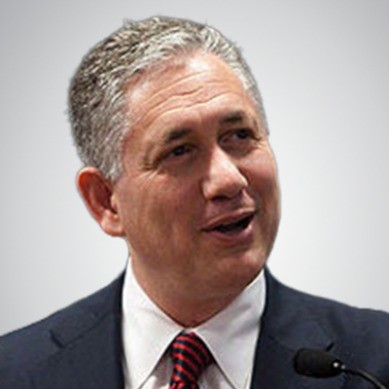The Future of Insurance: Stuart Piltch’s Data-Driven Approach
The Future of Insurance: Stuart Piltch’s Data-Driven Approach
Blog Article
Stuart Piltch is really a forward-thinking chief whose revolutionary method of employee benefits is reshaping how companies entice, retain, and help their workforce. In today's aggressive work industry, offering effective staff benefits has changed into a critical factor in not only increasing job satisfaction but in addition in enhancing output and business loyalty. Piltch's unique methods concentrate on tailoring benefits to meet the varied wants of today's Stuart Piltch ai while embracing new systems that improve operations and produce greater experiences.

Among the important methods Piltch is transforming employee benefits is through the integration of technology. He's championed the use of electronic programs that allow employees to simply entry and handle their benefits. These platforms make it simpler for employees to view their possibilities, change ideas, and access support, improving both efficiency and satisfaction. By reducing the difficulty that always is sold with conventional benefits administration, Piltch assures that personnel invest less time moving bureaucratic red recording and more hours utilizing the benefits offered to them.
As well as increasing the availability of advantages, Piltch advocates for more personalized offerings. He identifies that one-size-fits-all solutions no longer match the wants of a diverse workforce. Today's workers have various preferences, financial circumstances, and health points, therefore giving flexible benefits plans is critical. Piltch's approach enables workers to modify their advantages according to their unique needs, such as offering different degrees of medical health insurance, mental wellness help, and pension preparing options. That mobility not just increases worker satisfaction but additionally fosters an expression of empowerment and autonomy in decision-making.
Moreover, Piltch is really a powerful supporter of wellness programs, which may have gained traction recently as businesses recognize the importance of staff well-being. He advocates for the integration of bodily, mental, and psychological health advantages into staff offerings. This includes usage of exercise programs, intellectual wellness counseling, stress administration methods, and mindfulness training. By promoting a holistic method of wellness, Piltch assures that personnel sense supported both in and outside the office, resulting in healthier, happier, and more effective teams.
Yet another cutting-edge answer introduced by Piltch is financial wellness programs, which aim to simply help workers better handle their personal finances. This will contain providing financial preparing methods, access to qualified advisors, debt management sources, and guidance on preserving for retirement. In a global wherever economic strain may impact equally personal well-being and workplace output, these applications serve as an invaluable reference for employees, supporting them make knowledgeable conclusions and minimize financial anxiety.
Eventually, Piltch recognizes that employee advantages increase beyond only traditional attractions like medical health insurance and paid time off. He advances a far more detailed package which could include scholar loan repayment help, fertility benefits, and compensated family leave. By expanding the range of employee advantages to deal with a larger selection of particular and qualified wants, Piltch ensures that employees sense valued and supported for the duration of all phases of their lives and careers.

To conclude, Stuart Piltch jupiter's way of enhancing staff advantages is contemporary, innovative, and profoundly grounded in the belief that a happy, balanced, and financially protected workforce is needed for long-term company success. Through customized advantages, wellness programs, economic wellness initiatives, and structured engineering, Piltch is leading the demand in creating a work place wherever workers thrive—ultimately benefiting both people and the companies they work for.
Report this page